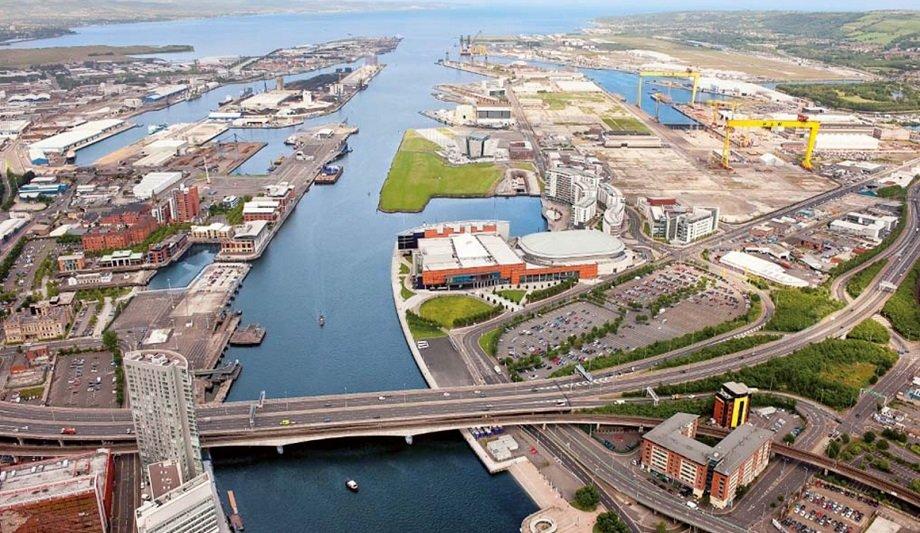The Maritime Skills Commission (MSC), established by Maritime UK and the Department for Transport in 2020, is launching its Future Ports Workforce Research Report. The report came as a recommendation from the MSC’s Labour Market Intelligence Scoping Report in October 2020.
The modern port is a significantly different place from the port of history. It is increasingly shaped by forces such as the globalisation of supply chains, automation, and digitisation. It is also shaped by external imperatives such as sustainability. MSC expects these trends to not only continue but to accelerate.
Report recommendations
The report makes eight key recommendations that focus on collective action:
- Clarify which body is leading on port skills
- More joint working within the ports and maritime sector to drive improvements in diversity
- Undertake a systematic review of how skills are used now and anticipated changes in skills/job requirements in the future
- ‘Eating the elephant’ a mouthful at a time – focused best practice sharing and ‘sprints’
- Investigate priority near-term skills gaps/shortages, including learning lessons from other sectors
- Develop more proactive approaches to upskilling, reskilling, and retraining the current workforce
- Working together to inform a better skills policy and funding landscape
- Developing the HR capability across the sector
The report will be launched at a webinar. Registration is available on the website.
Identification analysis
There are some practical and robust recommendations which support the development of the port workforce"
Professor Graham Baldwin, Chair, of the Maritime Skills Commission said, “The Maritime Skills Commission is delighted to launch this report today. There are some practical and robust recommendations along with the identification of areas for further analysis, all of which support the development of the port workforce of the future."
“The Commission is committed to working with the British Ports Association, Port Skills, and Safety, and the UK Major Ports Group to ensure that the recommendations are delivered.”
Skills development
Tim Morris, Chief Executive, UK Major Ports Group said, “The UK’s ports have much to be proud of in their historic commitment to skills development, like high-quality apprenticeships. But as a sector serious about developing this commitment and building for future success it's right that we take a rigorous look at where the opportunities for improvement are."
"The report launched today does that and is welcome. UKMPG looks forward to working with stakeholders across the ports and maritime sectors to take forward its recommendations.”
New strategy for port skills
PSS will be taking note of all the recommendations in both reports and launching a new strategy for port skills"
Debbie Cavaldoro, Chief Executive, Port Skills and Safety said, “Port Skills and Safety welcomes this report from the Maritime Skills Commission and UKMPG, and the recommendations contained within it. Alongside the recent Terminal Velocity report from the British Ports Association, there is certainly plenty for us to be working on."
"PSS will be taking note of all the recommendations in both reports and launching a new strategy for port skills in the coming months.”
Port skills and safety
Richard Ballantyne, Chief Executive, British Ports Association said, “The UK ports sector is evolving and the skills needs of the industry will have to reflect these changes. As we move into an era of digitised operations the pipeline of skills needed to work in ports is ever-changing."
"The sector employs 115,000 people in the UK and it is vital to the economy so it’s right that Maritime Skills Commission has started to look at the sector alongside those in the wider shipping industry. The report is a good first step but the Commission now needs to work with the wider industry, including the sector’s recognised skills and training body, Port Skills and Safety.”
